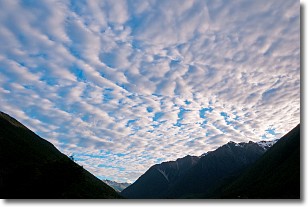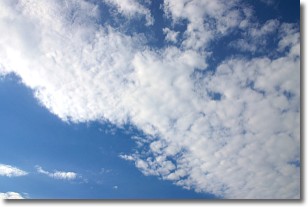Weather Alert in Louisiana
Flood Warning issued April 28 at 7:48PM CDT until May 12 at 1:00AM CDT by NWS New Orleans LA
AREAS AFFECTED: East Baton Rouge, LA; West Baton Rouge, LA
DESCRIPTION: ...The Flood Warning continues for the following rivers in Louisiana... Mississippi River At Reserve affecting St. John The Baptist, St. Charles and St. James Parishes. Mississippi River At Donaldsonville affecting Ascension Parish. Mississippi River At Baton Rouge affecting West Baton Rouge and East Baton Rouge Parishes. Mississippi River At Red River Landing affecting West Feliciana, East Baton Rouge and Pointe Coupee Parishes. For the Lower Mississippi River...including Red River Landing, Baton Rouge, Donaldsonville, Reserve, New Orleans...Major flooding is forecast. * WHAT...Major flooding is occurring and major flooding is forecast. * WHERE...Mississippi River at Baton Rouge. * WHEN...Until Monday, May 12. * IMPACTS...At 43.0 feet, Shipping and industrial activities are significantly affected. Unprotected low-lying areas will be flooded and agricultural operations will be impacted on the west side of the river. The city of Baton Rouge is protected by levees at this level. * ADDITIONAL DETAILS... - At 6:00 PM CDT Monday the stage was 42.0 feet. - Bankfull stage is 29.0 feet. - Forecast...The river is expected to rise to a crest of 42.4 feet Thursday morning. It will then fall below flood stage Sunday, May 11. - Flood stage is 35.0 feet. - http://www.weather.gov/safety/flood
INSTRUCTION: Motorists should not attempt to drive around barricades or drive cars through flooded areas. Caution is urged when walking near riverbanks. Additional information is available at www.weather.gov/lix. Click on the Rivers and Lakes menu for forecasts and observations. The next statement will be issued Tuesday afternoon at noon CDT.
Want more detail? Get the Complete 7 Day and Night Detailed Forecast!
Current U.S. National Radar--Current
The Current National Weather Radar is shown below with a UTC Time (subtract 5 hours from UTC to get Eastern Time).

National Weather Forecast--Current
The Current National Weather Forecast and National Weather Map are shown below.

National Weather Forecast for Tomorrow
Tomorrow National Weather Forecast and Tomorrow National Weather Map are show below.

North America Water Vapor (Moisture)
This map shows recent moisture content over North America. Bright and colored areas show high moisture (ie, clouds); brown indicates very little moisture present; black indicates no moisture.

Weather Topic: What are Stratus Clouds?
Home - Education - Cloud Types - Stratus Clouds
 Next Topic: Wall Clouds
Next Topic: Wall Clouds
Stratus clouds are similar to altostratus clouds, but form at a
lower altitude and are identified by their fog-like appearance, lacking the
distinguishing features of most clouds.
Stratus clouds are wider than most clouds, and their base has a smooth, uniform
look which is lighter in color than a nimbostratus cloud.
The presence of a stratus cloud indicates the possibility of minor precipitation,
such as drizzle, but heavier precipitation does not typically arrive in the form
of a stratus cloud.
Next Topic: Wall Clouds
Weather Topic: What are Altocumulus Clouds?
Home - Education - Cloud Types - Altocumulus Clouds
 Next Topic: Altostratus Clouds
Next Topic: Altostratus Clouds
Similar to cirrocumulus clouds, altocumulus clouds are
characterized by cloud patches. They are distinguished by larger cloudlets
than cirrocumulus clouds but are still smaller than stratocumulus clouds.
Altocumulus clouds most commonly form in middle altitudes (between 2 and 5 km)
and may resemble, at times, the shape of a flying saucer.
These uncommon formations, called altocumulus lenticularis, are created by uplift
in the atmosphere and are most often seen in close proximity to mountains.
Next Topic: Altostratus Clouds
Current conditions powered by WeatherAPI.com




